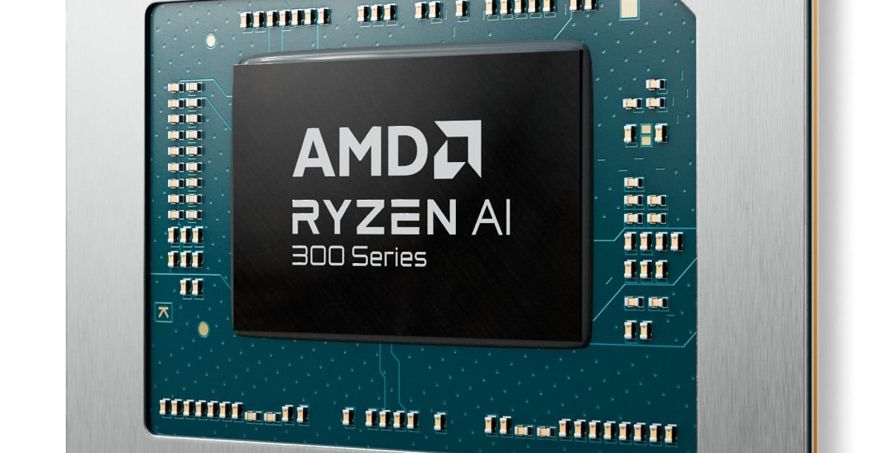
AMD has preemptively dropped support for Windows 10 on its new Ryzen AI 300 Series chips
Perhaps in another attempt to convince us that “AI PCs” are somehow fundamentally different from the PCs we’re already using, AMD has officially dropped support for Windows 10 from its new AMD Ryzen AI 300 Series platform. This can be observed by glancing at the official AMD Ryzen AI 9 HX 370 specs page, which now only lists 64-bit versions of Windows 11, Ret Hat Enterprise Linux, and Ubuntu as having official support.
Is this a big deal? It depends on how much you like using Windows while also disliking Windows 11. Personally, I prefer Windows 10 as a daily driver, and will only resort to Windows 11 use for professional needs.
That said, the gaming performance and compatibility of Linux operating systems get better every day, so dropping Windows 10 shouldn’t necessarily be a deal breaker for these CPUs. After all, the Ryzen 9 AI 9 HX 370 can perform formidably, even in Silent mode. But users who were interested in those laptops and wished to downgrade to Windows 10 are now totally out of luck, it seems.
Still, considering the fact that Microsoft itself isn’t fully dropping Windows 10 support until October 2025, this move does still feel slightly pre-emptive on AMD’s end. Ultimately though, we can’t realistically expect Windows 10 to get support forever, despite infamous comments from Jerry Nixon calling it “the last version” back in the day.
Still, the absence of Windows 10 support on AMD’s latest mobile platform is frustrating. There are a number of valid reasons for users to not want to “upgrade” to Windows 11, including updates that have enabled Start menu ads and watermarks on PCs without AI hardware. It’s reasonable for AMD to start dropping Windows 10 support considering its upcoming end and the AI focus of its new Ryzen AI chips, but it’s still a move that many Windows 11 naysayers aren’t going to appreciate.